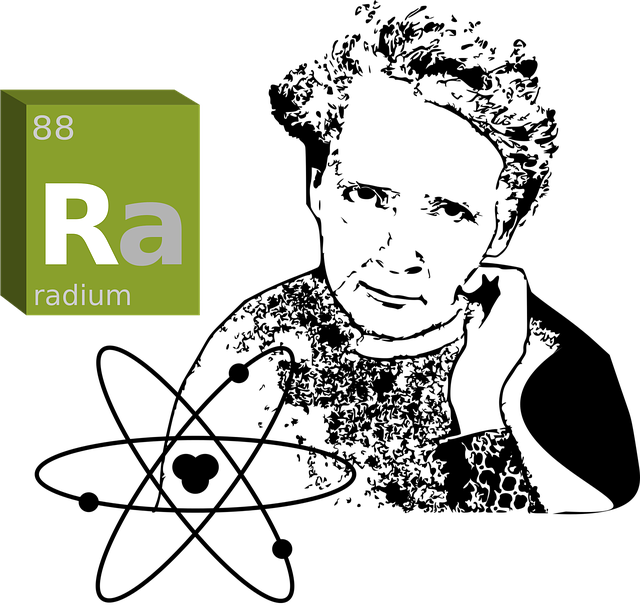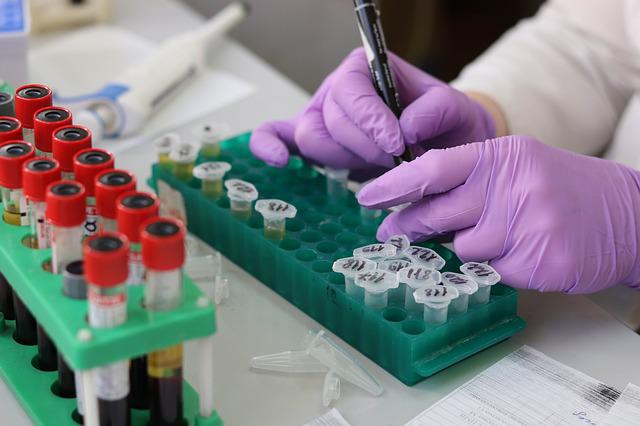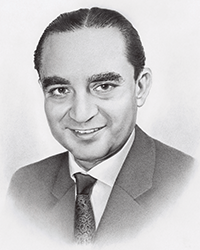Test Amit sep
Planning a research and development (R&D) Career

A career in R&D is a journey, not a destination. It requires ongoing learning, hard work, and dedication to achieve success. However, with the proper planning and preparation, you can build a fulfilling and rewarding career in research and development.
Planning a research and development (R&D) career requires a combination of education, practical experience, and networking. Here, we are discussing a few steps you can take to plan out a career in R&D:
- Determine your areas of interest: Start by identifying the areas of research and development that interest you the most. Next, consider your educational background, experience, and skills to determine your best-suited location. Finally, explore different industries, fields, and companies to get a better sense of where your interests lie.
- Choose an appropriate educational path: Depending on your area of interest, you may need to pursue a specific degree or certification. For example, if you want to work in pharmaceutical R&D, you may need a degree in pharmacology, biochemistry, or a related field. Research the educational requirements for your desired career path and plan accordingly.
- Build practical experience: While education is essential, practical experience is critical for a career in R&D. Look for internships, research assistant positions, or entry-level jobs in your chosen field to gain hands-on experience. In addition, consider volunteering or doing freelance work to build your portfolio and gain exposure to different R&D projects.
- Build a network: Connect with people in your field by attending conferences, joining professional organizations, and networking online. Seek mentors and advisors who can guide and support you as you navigate your career path. Build relationships with people in your industry who can offer insight, advice, and potential job leads.
- Stay current with industry trends: Keep up-to-date with the latest research, technology, and industry trends. Read industry publications, attend workshops and seminars, and participate in online communities to stay informed about developments in your field. This will help you identify new opportunities and stay at the forefront of the curve in your career.
- Set achievable career goals: Develop a clear idea and plan to achieve your long-term goals. Consider your desired salary, job title, and location, and discover the steps to reach those goals. Then, review and revise your career goals regularly to ensure you stay on track and remain motivated.
Remember, a career in R&D is a journey, not a destination. It requires ongoing learning, hard work, and dedication to achieve success. However, with the proper planning and preparation, you can build a fulfilling and rewarding career in research and development.
Career Options in R&D
Many career options are available in research and development (R&D), spanning various industries and fields. Here are some of the most common career options in R&D:
- Research Scientist: A research scientist is responsible for designing and conducting experiments, analyzing data, and interpreting results. They work in various fields, including pharmaceuticals, biotechnology, materials science, and electronics.
- Research Associate: A research associate assists research scientists in conducting experiments and analyzing data. They may be responsible for maintaining laboratory equipment, preparing samples, and organizing data.
- Product Development Engineer: A product development engineer is responsible for designing and developing new products or improving existing ones. They work in various industries, including consumer goods, aerospace, and medical devices.
- Data Scientist: A data scientist uses statistical and computational methods to analyze large data sets and extract insights. They work in various fields, including healthcare, finance, and technology.
- Research and Development Manager: A research and development manager oversees a company or organization's research and development activities. They are responsible for developing and implementing R&D strategies, managing budgets and resources, and coordinating cross-functional teams.
- Patent Attorney: A patent attorney specializes in intellectual property law and helps companies protect their inventions and ideas through patents. They work closely with R&D teams to understand the technical details of new products and innovations.
- Technical Writer: A technical writer creates documentation for R&D projects, including research reports, user manuals, and technical specifications. They must translate complex technical information into clear and concise language.
- Quality Control Analyst: A quality control analyst ensures that R&D projects meet quality standards and regulatory requirements. They may be involved in developing testing protocols, analyzing data, and recommending improvements.
These are just a few of the many career opportunities available in research and development. Other roles and industries may fit you well depending on your interests and skills.
How would you rate this Article ?
Press the number of stars to rate this Magazine.
4.5 Author Points.
Based on 20 Magazines written by this author.
No Magazine Ratings yet



































Please Sign In or Sign Up to leave a Comment.